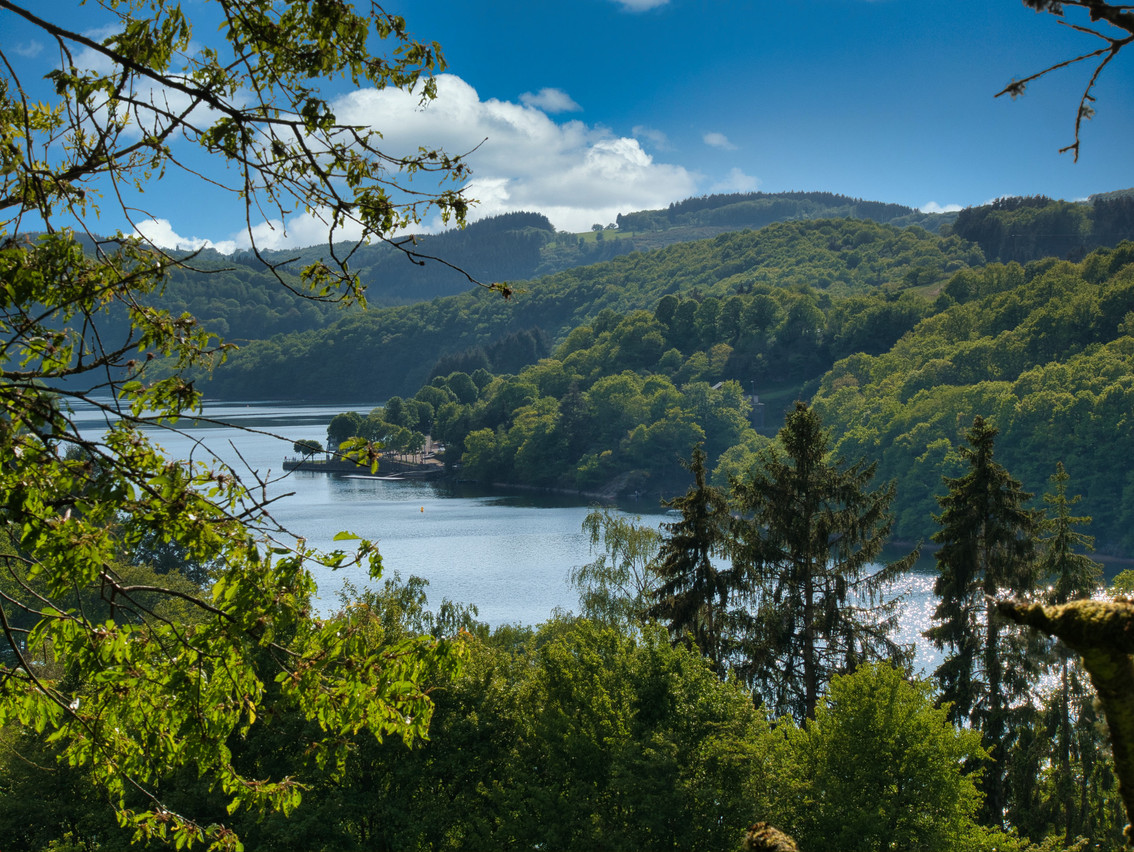The European Commission on 18 May announced the winner’s of this year’s awards, giving prizes to projects from Austria, Bulgaria, Greece, Portugal, Spain and a cross-border project between Luxembourg, Germany, Austria and Switzerland.
The grand duchy, alongside the other three German-speaking countries received the Cross Border Collaboration and Networking award.
The “Evaluate the dark side with the CaveLife app” project, led by the German Speleological Union, developed an application--available in Germany, Austria, Luxembourg and Switzerland--that allows volunteer cave explorers to share their knowledge and observations with a network of experts while on outings. Conservation authorities then can use this information to take decisions in line with the preservation efforts of the European Union.
The laureates are selected for their conservation successes and serve as a way to remind the general public of the efforts made by the Natura 2000 network--which aims to protect 27,000 sites containing the EU’s most valuable and threatened fauna and flora.
Other award categories included communication (Bulgaria), socio-economic benefits (Spain), marine conservation (Portugal), conservation on land (Greece) and European citizens (Austria).
As biodiversity is on the decline and natural spaces suffer from climate change, the EU’s Biodiverstiy Strategy aims to help nature recover by 2030. All 40 applications sent in this year could be considered “winners” said environment commissioner Virginijus Sinkevičius: “When nature is protected, the benefits are there for all of us.”
In Luxembourg, the Natura 2000 network comprises 48 special areas of conservation (41,588 ha) and 12 special protection areas (41,893 ha) which overlap in some places and cover 27.13% of the country.
